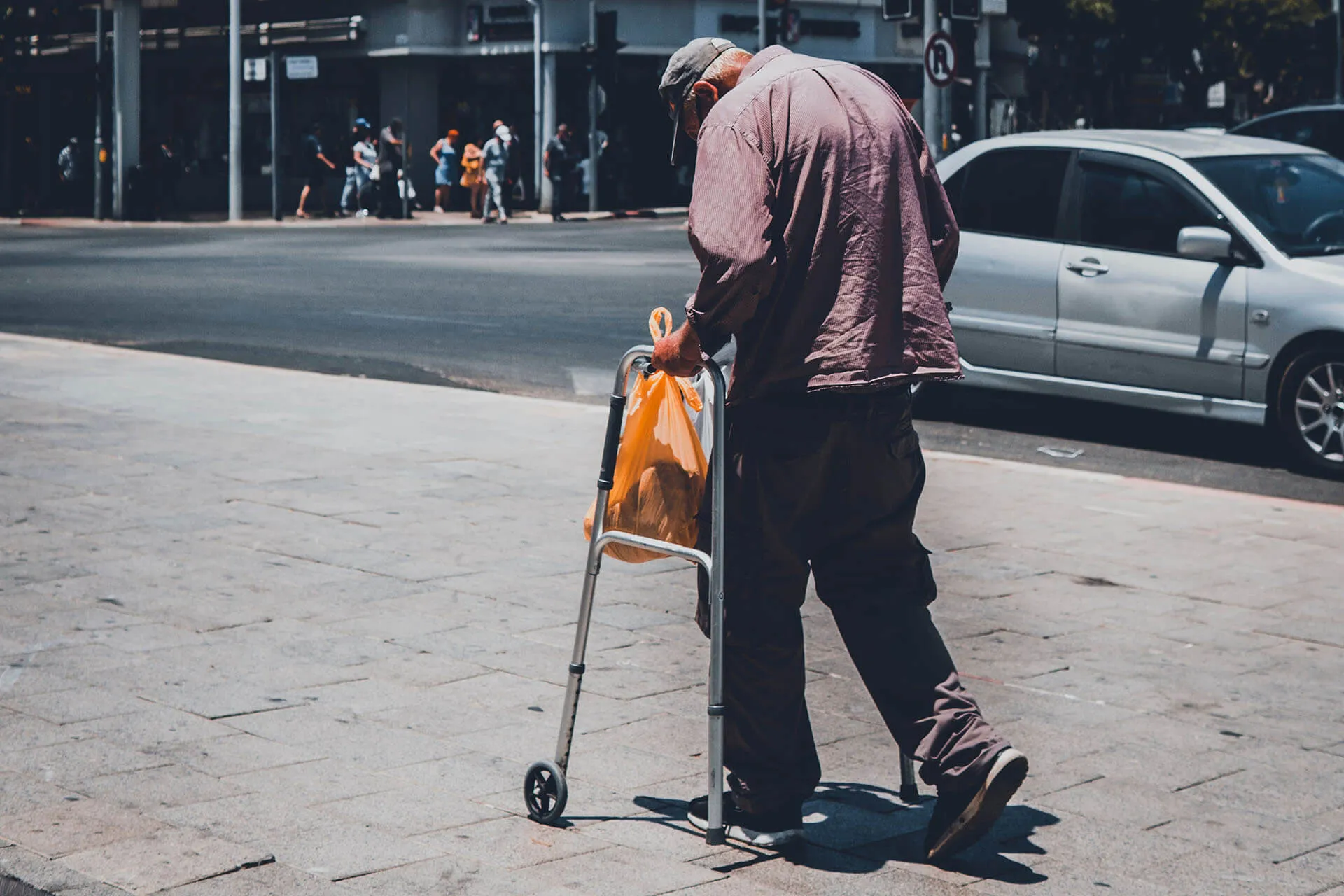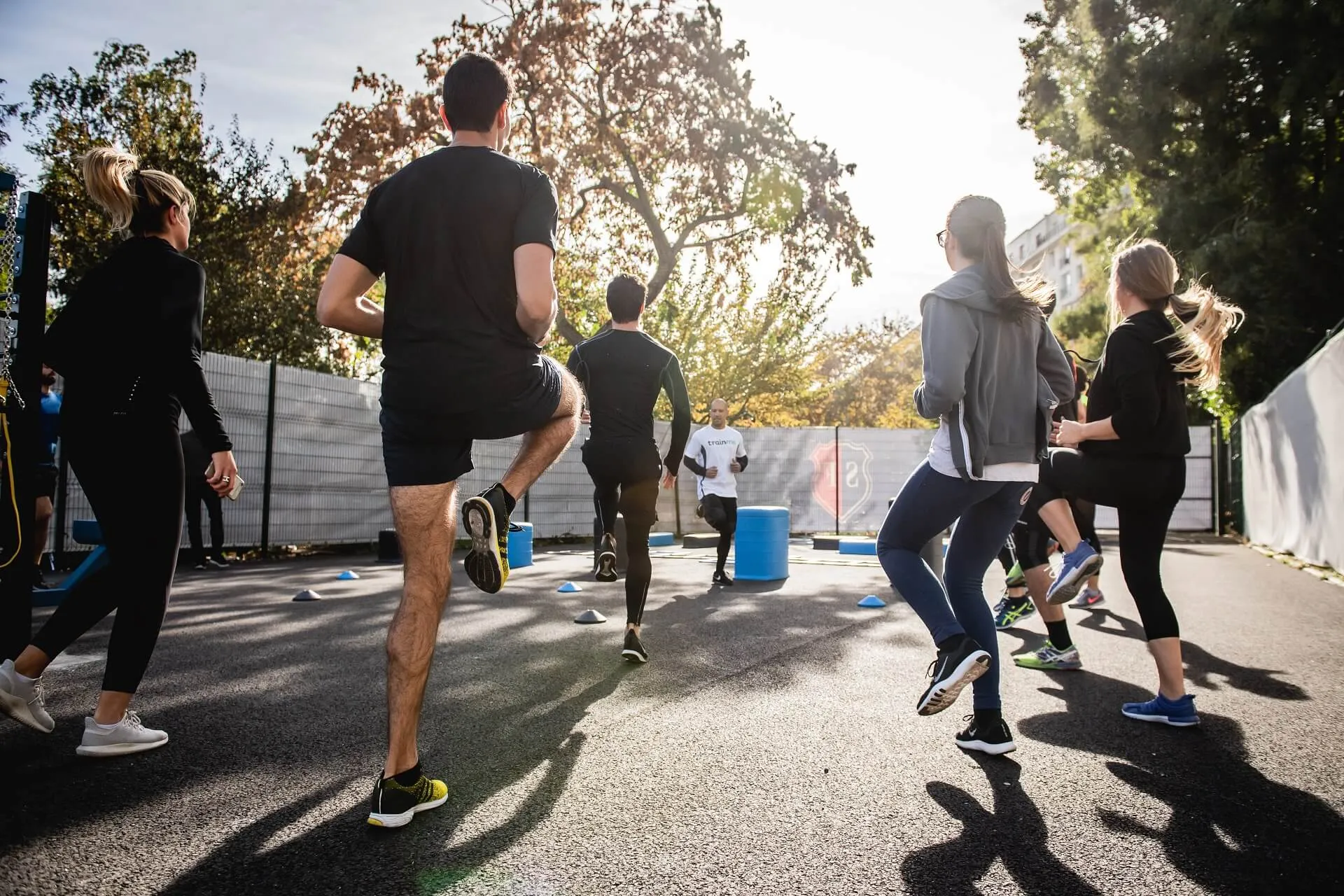Osteoarthritis: Ageing Well and Busting Myths!
What do you think about ageing and osteoarthritis? Being old, being slow, needing to use walking aids or stopping moving altogether, inevitably destined for a joint replacement? It's time to bust some myths!
Osteoarthritis is a condition which can affect many joints in the body; spine, shoulders, hips, knees, feet and fingers. If we consider just knee osteoarthritis (OA), it is major cause of pain and disability, affecting between a fifth and a quarter of people aged over 40; that's an estimated 86.7 million world-wide. People with OA can experience pain, loss of range of movement, and impaired function. It's a multi-factorial condition: this means that if you have it, it may be because of a number of things including genetics, (i.e. you may have a family tendency), metabolism and body composition (including metabolic diseases, body weight and nutrition) and exposure to environmental factors (previous injury, location on the planet, exposure to pathogens/disease).
It's increasingly affecting people of working age, with a trend towards getting joint replacements at younger ages than seen in the past. So what do you need to know about it? Let's bust some common myths!
I've been diagnosed with osteoarthritis, that's it!
Actually diagnosis is just the start of things you can do, not the end of everything.
Osteoarthritis means I'll always have pain.
Not everyone with osteoarthritis develops painful symptoms. Pain can be changed with different interventions such as medications, mindfulness/meditation techniques and even hypnosis. Exercise also has a pain relieving effect.
Osteoarthritis means I have wear and tear in my joints so I'll have to give up sport/exercise/everything I love.
Nope! Wear and tear is a common misconception. We know that by keeping joints moving, by exercise like walking and running, and everyday activity, you actually help the cartilage in the joints to build up and thicken. You might need some help from a physio to work out an appropriate plan to build up again and some pain relief, but activity is definitely helpful. It's also important not to miss out on work and social activities due to osteoarthritis as this can change the way you feel about your condition. People who have less support networks and interactions may experience more painful symptoms.
I think I'll need a joint replacement
Having osteoarthritis isn't a one way street to joint replacement. Many people manage their symptoms without surgery. The recommended ways to manage osteoarthritis symptoms are with movement and exercise (using your physiotherapist to guide you), pain management (with support from your GP, physiotherapist and/or psychologist) , weight loss (if you are overweight or obese) and dietary management (with support from a dietician or nutritionist)
What's the point of doing anything, it's only going to get worse?
That's another nope! Whatever you may have seen on x-ray or scan, and those frightening words used to describe your condition: degeneration, osteophytes etc... It doesn't mean that these will change or worsen, so plenty of opportunities to get on and enjoy work, socialising, sport and family life!
If you have any questions about osteoarthritis, please send me a message! [email protected]




